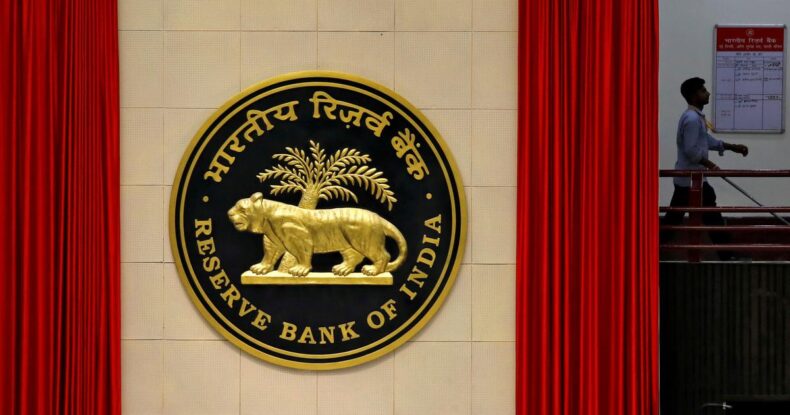Friday, the Reserve Bank of India (RBI) proposed a phased rollout of central bank digital currency (CBDC) to guarantee conformance with the goals of monetary policy, financial stability, and the efficient functioning of currency and payment systems.
In its annual report, the central bank said, “The Reserve Bank of India wants to pursue a phased approach to the implementation of CBDC, proceeding step by step through phases of Proof of Concept 12, pilots, and the launch.”
In its annual report, the RBI also said that it has been examining the advantages and drawbacks of introducing CBDCs in India and that the relevant design components of CBDCs that might be implemented with little or no interruption are being examined.

“The Reserve Bank is in the process of implementing a central bank digital currency (CBDC) in India. “The architecture of CBDC must be consistent with the stated goals of monetary policy, financial stability, and efficient currency and payment system operations,” RBI underlined.
The RBI said that the design of the Central Bank Digital Currency must be consistent with its monetary policies, financial stability, and efficient currency and payment system operations.
The RBI’s announcement comes months after it announced it was prepared to begin testing and implementing CBDC pilot programmes.
Finance Minister Nirmala Sitharaman declared in the Union Budget 2022-23 that the RBI would launch the CBDS as the official digital rupee of India in 2022-23. The new digital currency will likely be pegged to the fiat form of the Indian rupee, and blockchain and associated technologies will be used for its operation.
“The implementation of CBDC was announced in the Union Budget for 2022-23, and a modification to the RBI Act of 1934 was included in the Finance Bill for 2022. The Finance Bill, 2022 has been adopted, hence establishing the legislative foundation for the introduction of CBDC,” the RBI said.
It must be remembered that digital money is the digital version of legal cash issued by a central bank. “CBDC is a digital or virtual currency, but it cannot be compared to the private virtual currencies that have proliferated over the last decade,” the RBI said.
RBI Sets up Innovation Hub for Digital Currency
The Reserve Bank Innovation Hub (RBIH) is a fully owned subsidiary of the Reserve Bank that was established in an attempt to stimulate innovation in a way that is both sustainable and accomplished via the establishment of an institutional framework. The RBI said that the Innovation Hub is run by an independent Board that is comprised of distinguished people from both the business world and the academic world and that it is headquartered in Bengaluru.
Read More : RBI Fires Bullet to Control Inflation













